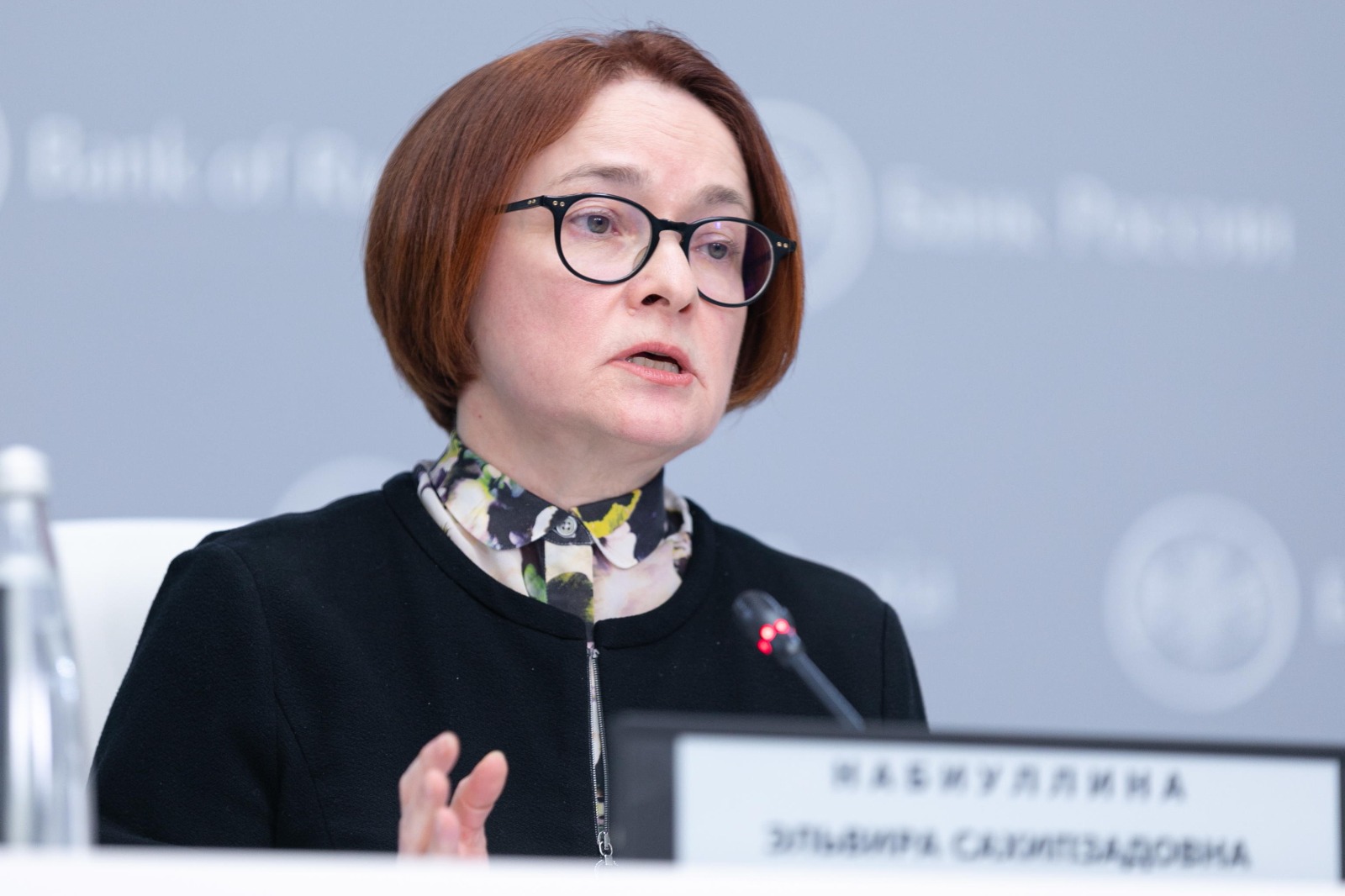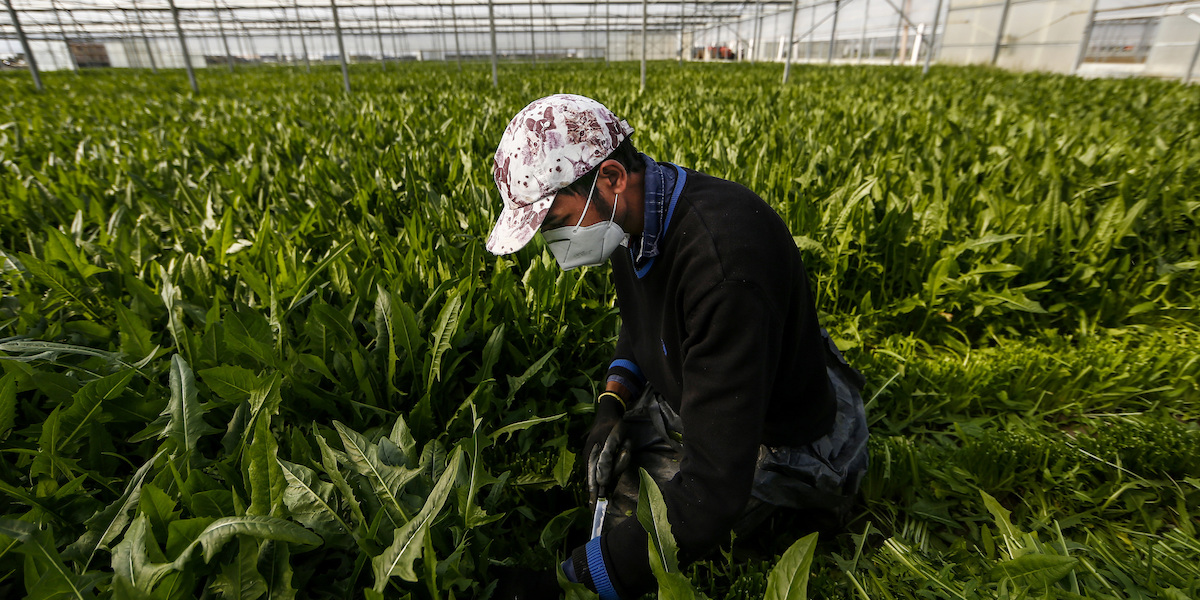The IMF is struggling to understand anything of what is happening in the Russian economy, so much so that last year it got all its forecasts wrong, and now it has to rush to make the exact opposite. According to the latest report of the International Monetary Fund, Russia should return to growth this year much more than many Western countries, and the new disclosure caused a sensation. The IMF’s forecasting difficulties are also explained by the monthly reports of the Governor of the Central Bank of Russia, Elvira Nabiullina, who admitted in the April report that she had underestimated GDP growth in the February report. “The economy is growing faster than expected,” the governor explains, “from the Bank of Russia’s February forecast. This reflects an expansion in domestic demand and the ongoing transformation processes of the Russian economy. Increased domestic demand supports the improvement in feelings business despite constantly challenging external conditions. Nabiullina today formulates a GDP growth range for 2023 of 0.5-2%, increasing up to 2.5% in forecasts for 2024.
Labor shortage
On the one hand, the Russian production system is beginning to move again with a certain speed already in the second half of 2022, and on the other hand, it is experiencing difficulty precisely because of the war: unemployment has fallen to an all-time low and the labor force can no longer be found. that you need. The explanation is simple: the manpower was forcibly recruited into the troops of Vladimir Putin. The governor does not say it explicitly, but she makes it clear with a touch of words: “The labor shortage is increasing in many sectors due to the effects of the partial mobilization underway as the demand for labor by companies continues to increase. Under these conditions, productivity growth can lag behind real wage growth. Even inflation, which jumped in March 2022 after the first sanctions to rates between 20 and 30%, forcing the Bank of Russia to raise the official discount rate to 20%, has returned to levels similar to those in 2021. Projections for 2023 are an adjustment between 4 and 5%. However, it decreased a lot in the last quarter of 2022, and there were some signs of an increase in the first quarter of 2023. Thus, the outlook is still very uncertain.
Where’s the benefit
However, there are two problems with inflation. The first is that feelings of Russian consumers and businesses is very different from official expectations. If Nabiullina predicts 4% and a little more, in surveys published by the Bank of Russia itself, consumers and above all businesses expect average inflation of more than 10% in 2023. And, as many economists are well aware, the same feelings A negative in and of itself can cause inflation that is difficult to control. However, in the official data there is a little trick, which the governor herself explained at a hearing before the State Duma on April 20: the shock month (March 2022) was crossed out from the data as if it did not exist, so in the end all proportions softened. In the annual report on the accounts of the Central Bank and at the State Duma hearing in which she asked for approval of some bills (the Bank of Russia has the power to bring them to parliament on the economy), Nabiullina clearly explains why the Russian economy has not collapsed because of Western sanctions. There was suffering until the fall of last year, due to the sudden shortage of raw materials and semiconductors. But China and several Asian and Arab countries came to the rescue, and the problem was quickly caught up.
preparations
Even the penalty that was thought to do the most harm, excluding Russia from Swift’s payment circuits, did not do the damage one imagined. The explanation here is simpler: the war against Ukraine has been preparing for a long time by Putin, who also anticipated this hypothesis by preparing an alternative network. “Last year,” explains the governor of the Russian Central Bank, “with the onset of the first wave of sanctions, global payment systems left Russia in a matter of days. Notwithstanding, thanks to our mature payment infrastructure which handled all transactions even on international cards locally, all card transactions continued without interruption. Thus, our citizens continued to enjoy essentially the same level of service nationwide.” Nabiullina told the State Duma: “As you know, some banks have been cut off from the SWIFT system and we have been working for years on creating a local alternative to SWIFT. This is where it came in. Our financial messaging system to collect the national flow previously processed by SWIFT.One of the main and most difficult tasks at hand is cross-border settlements and payments.For them, we need to create channels that sanctions cannot block.We are in intensive bilateral talks with partner countries.To this end Also, the governor asked the State Duma to loosen the grip on cryptocurrencies and draw up her own bill on the digital ruble.
pressure on banks
The last chapter that can explain the stability of the economy is the strict political control that is also implemented by the Bank of Russia as well as by the central government over the banks and the credit system. For example, institutions were required to pay 50% of the installments on loans for existing and even new homes. Nabiullina herself installed this measure in a very populist way: she explained to the Duma that “such programmes” have an effect in the crisis because they support the demand for housing and thus the construction industry. However, as we provide these benefits, we must not lose sight of the main objective. The main focus of a mortgage loan is available housing. That is, the total amount – the loan amount – that people have to pay over many years must be reasonable and not eat up their future income. In the same populist vein, a kind of warning from the governor of the Central Bank came to Russian banks, sometimes even accused of “robbing” their customers. Nabiullina explained that “banks” and other financial intermediaries are increasingly turning to customers. However, this is not the result of their deliberate action. What made the difference was their heightened vigilance over behavior and constant monitoring of their relationships with consumers. We have provided key disclosure documents that set a clear standard for banks to inform their customers of all product specifications, including payments and associated risks. A cooling-off period has also been introduced to allow people to reflect and give up unnecessary services or uneconomical products. However, we are seeing the emergence of new creative practices, and this is causing us to strengthen censorship. These cases are not mass abuses. Consider, for example, the case of a bank that offers a seemingly low loan rate but nonetheless comes with more fees and insurance policies. The bank is robbing the customer, but technically it is acting relatively correctly.”
Cover Photo: Governor of the Central Bank of Russia Elvira Nabiullina
Read also:

“Freelance social media evangelist. Organizer. Certified student. Music maven.”


